Mpilo covid cases reach 206
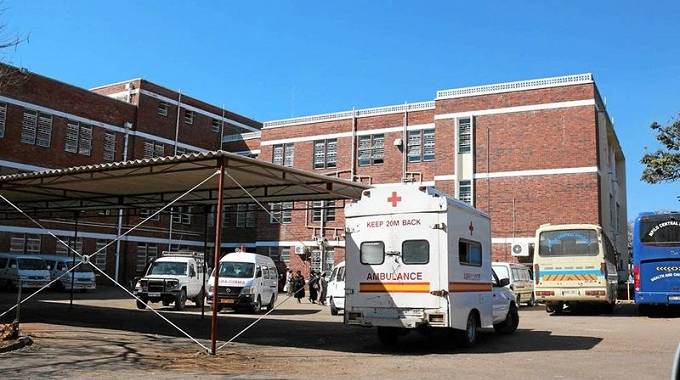
Thandeka Moyo-Ndlovu, Health Reporter
ABOUT 206 Mpilo Central Hospital healthcare workers have contracted Covid-19 since April last year, amid fears of more infections owing to the rapid increase of new cases in the countrywide.
As of December 31, about 10 percent of Mpilo staffers had tested positive to the global pandemic which has killed over 500 Zimbabweans so far.
The 900-bed hospital caters mainly for the southern region which covers Bulawayo, Matabeleland North and South as well as Masvingo and Midlands provinces.
Of the 206, 155 are nurses, nine doctors, 12 general hands, 12 from the pharmacy, while two are counsellors and two are lab technicians.
On Monday, the Zimbabwe Covid-19 death toll rose to 528 following the death of 21 more people while 978 others tested positive to the global pandemic.
On Sunday, 24 deaths — six in Manicaland, four in Masvingo and Mashonaland East, three in Midlands two each in Bulawayo and Midlands provinces — were recorded.
The remaining death was recorded in Matabeleland North Province.
In an interview, Mpilo acting chief executive officer Professor Solwayo Ngwenya said community infections were posing a risk to the already burdened healthcare sector as affected staff members are forced to isolate whenever they get infected.
He said the increased new cases also fast-tracked the depletion of limited personal protective equipment (PPE) at the hospital which left a number of health care workers exposed to the virus.
Prof Ngwenya said as of December 31, 206 staffers of the 1 200 total staff members had contracted the virus.
“We are worried about the increased numbers of infected staff and patients at Mpilo. Patients are coming in very bad shape already and dying on admission while waiting for results or dying while waiting to be transferred to be UBH after they test positive,” said Prof Ngwenya.
“We’re worried about the increasing number of infections because they will have a bearing on the number of staff who may fall sick while rendering their duties to members of the public. If staff members are infected, they have to go on isolation and the more patients we see, the more we consume PPE.”
Prof Ngwenya said Mpilo currently has PPE to last only a few weeks but may struggle to avail the needed resources given that new cases keep going up daily.
“The PPE we have may be adequate for a few weeks depending on us maintaining the same number of infections. Since we are having rapid infections, we may fail to use them within the projected time frame.
“My major worry is that people don’t seem to be adhering to regulations and we allowed the infections to spread during the just ended merry making festive season. We will soon run out of PPE and the community behaviour is very critical it may impact on our running as a hospital,” Prof Ngwenya said.
In a statement, Community Working Group on Health (CWGH) director Mr Itai Rusike said the shortage of PPE for frontline health workers in the country is a concern
He said healthcare workers rely on PPE to protect themselves and their patients from being infected and infecting others during their course of duty.
“Surprisingly, the shortages come at a time when our Covid-19 cases are escalating due to the deadly second wave of transmission, spike in mortality rates and the threat of the highly contagious new strain of Covid-19.
“The Government should urgently equip medical staff with PPE and offer them safe transport to and from work daily,” said Mr Rusike.
“It must be noted that shortages of PPE has left doctors, nurses and other frontline health workers dangerously exposed and ill-equipped to take care of the increasing Covid-19 patients or suspects.”
He said it was worrying to hear that some health workers are being given just one mask for the whole week, despite the fact some are intended for one-time use and disposal.
“The Government must do everything within its means to avail PPE to health workers because failure to do so would lead to unprecedented levels of burnout and disease.
This would cripple the health system’s ability to continue caring for the sick and putting an end to the pandemic,” said Mr Rusike. – @thamamoe

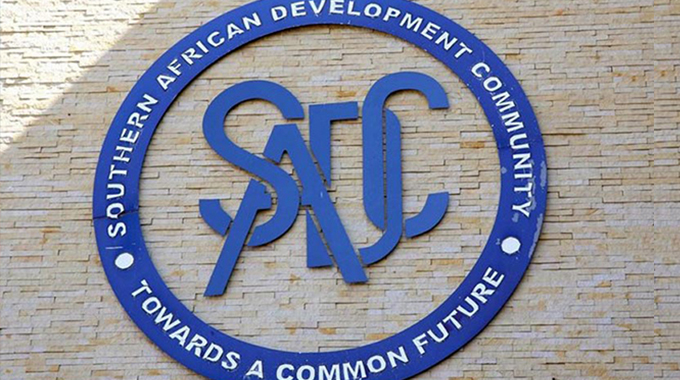
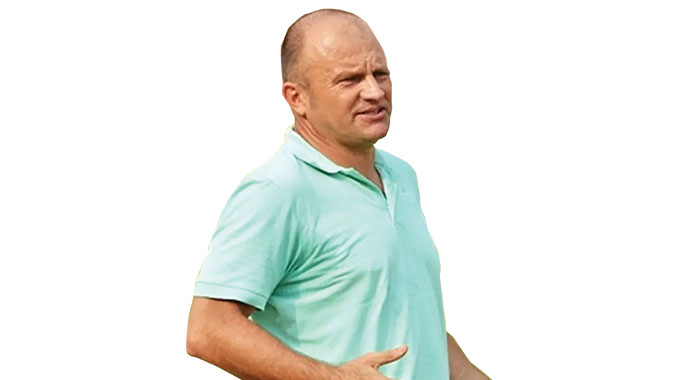
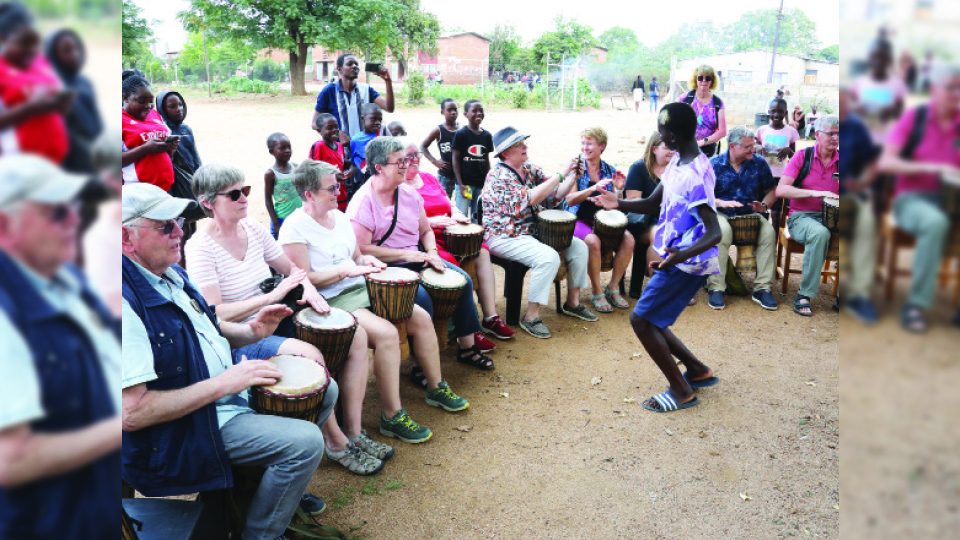
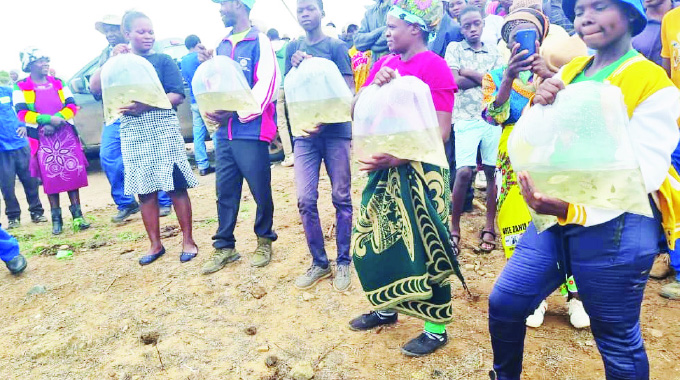
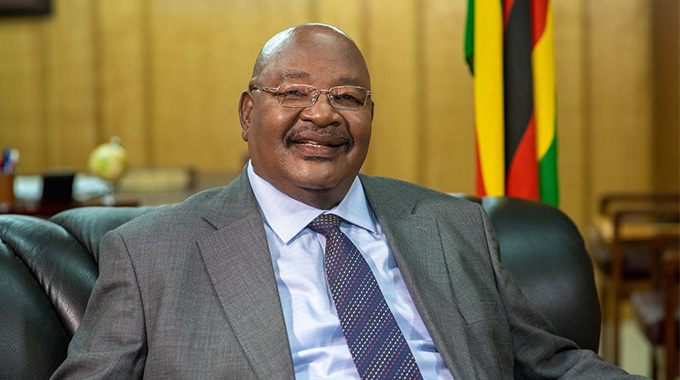


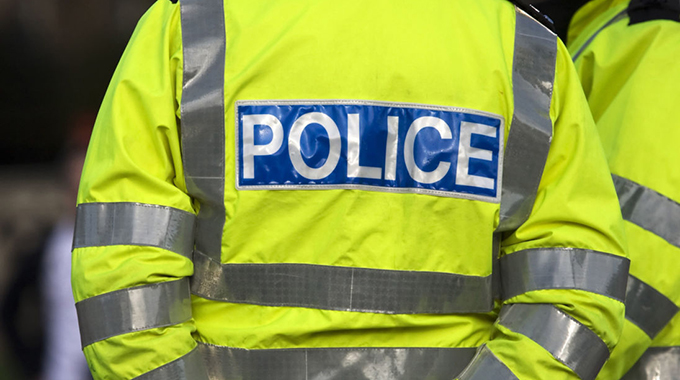



Comments